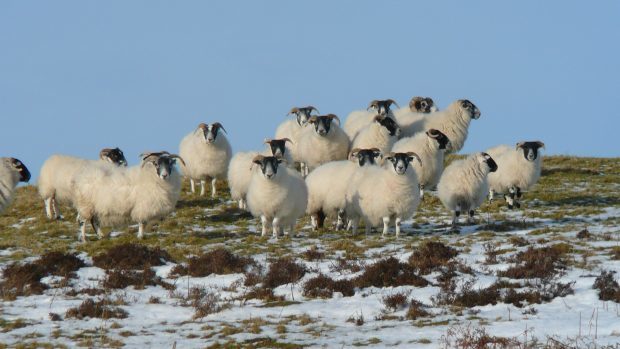Complex and conflicting advice on how to counter anthelmintic resistance is dissuading sheep farmers from taking steps to deal with the problem.
That is the conclusion of scientists at the Moredun Research Institute who say that the latest surveys of wormer resistance have shown that there is a problem on almost every farm which can be exacerbated by the misuse of products.
The institute has just finished a series of six interactive seminars for farmers in Wales and south west England which looked at the theory, terminology, testing and other strategies for controlling worms.
Moredun researcher Dr Dave Bartley said feedback from course participants together with a survey of 400 Scottish sheep farmers had revealed that people were getting conflicting advice which discouraged them from acting on it.
“We have to take some responsibility for that,” he said.
“We have to look at the terminology we use as there’s not the same level of understanding between farmers and scientists. Those who took up best practice advice had a better understanding (of the problem). We are now looking at strategies and ways of getting the message understood. We are looking for a better uptake.”
Dr Bartley said that if the effectiveness of the newer group 4 orange and group 5 purple anthelmintics was lost to resistance issues, the industry would be in trouble.
He added: “Companies are less likely to develop new worming products if they are then used inappropriately and resistance develops quickly, as they will be unable to recoup the cost of development in sales.”
Actions to improve the situation include treating the animals most likely to be suffering from infections, timing application of drenches appropriately rather than operating to a fixed timetable, avoiding use of anthelmintics for purposes other than worming and taking other management measures to reduce the overall usage of the drugs.
Dr Bartley said the Moredun courses had encouraged farmers to think about sustainable roundworm control on their farm. Farmers also brought in faecal samples from lambs or sheep and learned how to count worm eggs in order to gauge the severity of the problem.
After completing the course almost three quarters of participants said they would test samples in future, however Dr Bartley said scientists will return to see to what extend intentions “translate into behaviour”.
nnicolson@thecourier.co.uk










